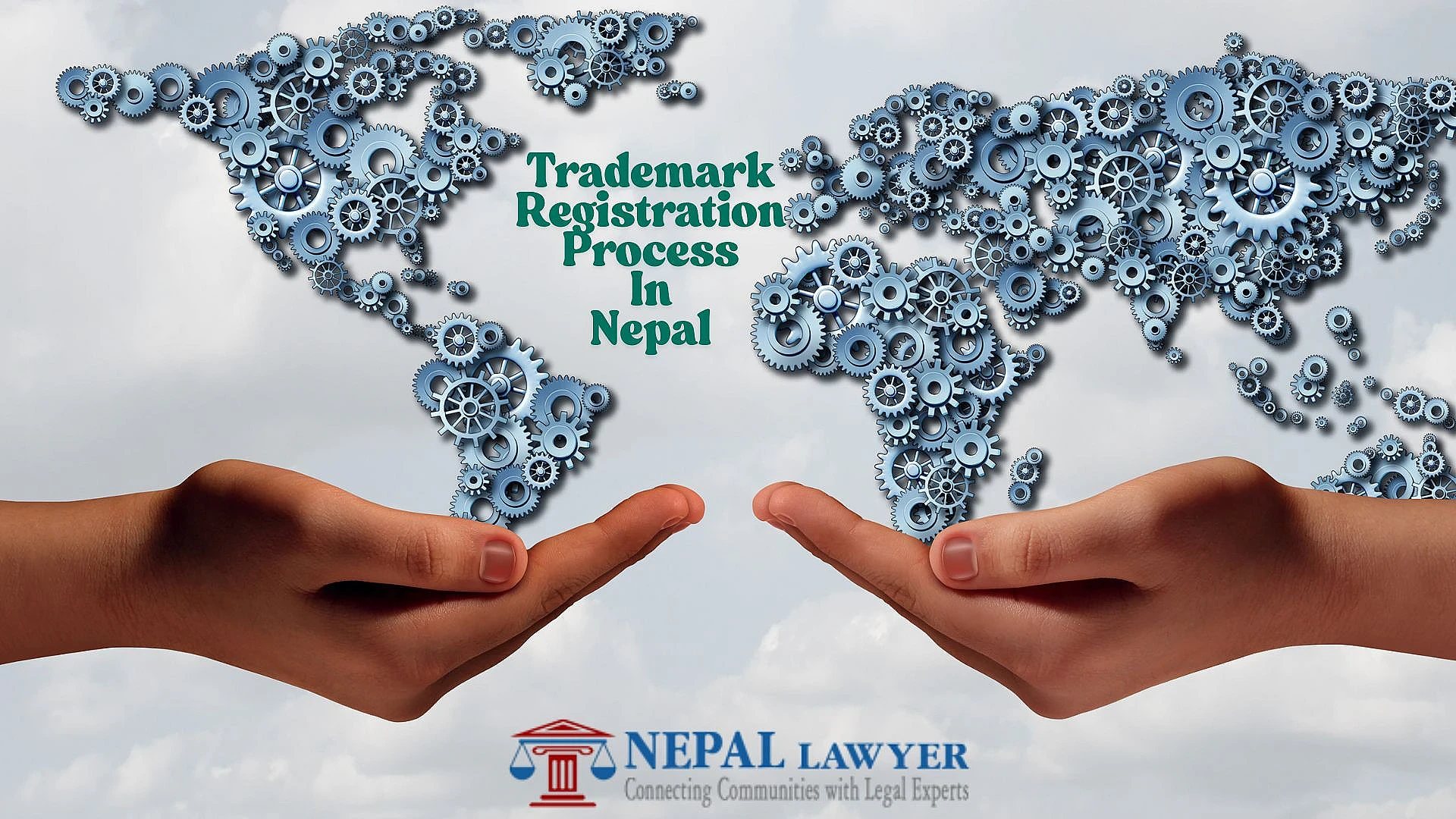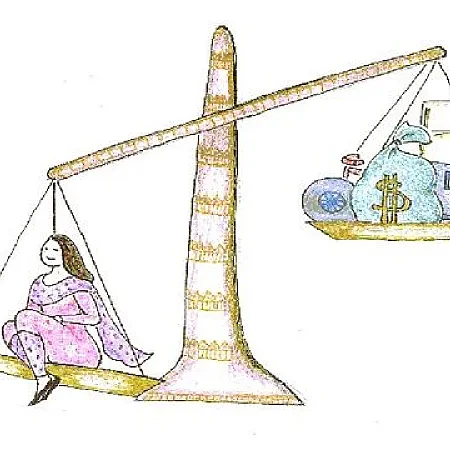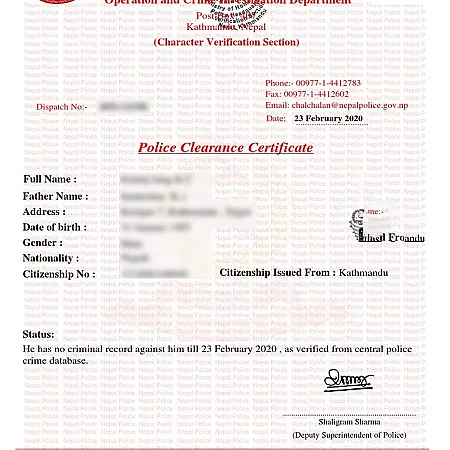Introduction
Trademark registration in Nepal is a crucial step for businesses looking to protect their brand identity and intellectual property rights. Under the Patent, Design and Trademark Act, 1965, Nepal provides legal framework for trademark protection, enabling businesses to safeguard their unique brand elements from unauthorized use.
What is a Trademark?
A trademark is any distinctive sign, symbol, word, phrase, logo, or combination thereof that identifies and distinguishes goods or services of one business from another. In Nepal, trademarks can include brand names, logos, slogans, colors, sounds, and even three-dimensional shapes that have acquired distinctiveness.
Legal Framework
The trademark registration process in Nepal is governed by:
- Patent, Design and Trademark Act, 1965
- Patent, Design and Trademark Rules, 1966
- Various amendments and updates to the original legislation
The Department of Industry under the Ministry of Industry, Commerce and Supplies handles trademark registrations through its Intellectual Property Section.
Benefits of Trademark Registration
Registering your trademark in Nepal provides several significant advantages:
Legal Protection: Exclusive rights to use the trademark for specified goods and services, with legal recourse against infringement.
Brand Recognition: Enhanced credibility and consumer trust through official recognition of your brand identity.
Commercial Value: Registered trademarks become valuable business assets that can be licensed, franchised, or sold.
Market Expansion: Easier expansion into new markets with established brand protection.
Duration: Initial registration lasts for seven years, renewable indefinitely for successive seven-year periods.
Eligibility Criteria
To be eligible for trademark registration in Nepal, your mark must meet these requirements:
Distinctiveness: The trademark must be capable of distinguishing your goods or services from others in the marketplace.
Non-descriptive: Generic or purely descriptive terms cannot be registered unless they have acquired secondary meaning.
No Conflicts: The trademark should not conflict with existing registered trademarks or pending applications.
Lawful Use: The mark must not be contrary to public policy, morality, or existing laws.
Required Documents
Prepare these essential documents for your trademark application:
- Completed trademark application form (Form No. 1)
- Power of attorney (if filing through an agent)
- Priority document (for convention priority claims)
- Trademark representation (15 copies of the logo/wordmark)
- Specimen of use or intended use
- Certificate of incorporation (for companies) or citizenship certificate (for individuals)
- Goods and services classification details
Step-by-Step Registration Process
Step 1: Trademark Search Conduct a comprehensive search through the Department of Industry's database to ensure your proposed trademark doesn't conflict with existing registrations. This preliminary search helps avoid application rejection and potential legal disputes.
Step 2: Application Filing Submit your completed application with all required documents and fees to the Department of Industry. Applications can be filed in person or through authorized agents at the department's office in Kathmandu.
Step 3: Formal Examination The examining authority reviews your application for completeness and compliance with formal requirements. This includes checking document accuracy, fee payment, and proper classification of goods and services.
Step 4: Publication If the application passes formal examination, it's published in the Nepal Gazette for public notice. This publication period allows third parties to file oppositions if they believe the trademark conflicts with their rights.
Step 5: Opposition Period A 35-day opposition period begins from the publication date. During this time, any interested party can file objections to your trademark registration.
Step 6: Registration If no opposition is filed or oppositions are successfully defended, the trademark proceeds to registration. You'll receive a certificate of registration confirming your exclusive rights.

Classification System
Nepal follows the International Classification of Goods and Services (Nice Classification) system, which divides trademarks into 45 classes:
- Classes 1-34: Goods
- Classes 35-45: Services
Proper classification is crucial as trademark protection is limited to the specific classes for which registration is obtained.
Fees Structure
Trademark registration fees in Nepal vary based on the number of classes and type of applicant:
- Application fee per class: NPR 1,000
- Registration fee per class: NPR 2,000
- Renewal fee per class: NPR 2,000
- Additional fees may apply for expedited processing or multiple classes
Processing Timeline
The typical trademark registration process takes 12-18 months, depending on various factors:
- Simple applications without complications: 8-12 months
- Applications facing opposition: 18-24 months
- Complex cases requiring additional documentation: Up to 36 months
Renewal Process
Trademark registrations in Nepal must be renewed every seven years. File renewal applications within six months before expiration to maintain continuous protection. Late renewals are possible within six months after expiration with additional penalty fees.
Common Mistakes to Avoid
- Inadequate trademark searches leading to conflicts
- Incorrect classification of goods and services
- Poor quality trademark representations
- Missing deadlines for responses to office actions
- Failure to monitor and renew registrations timely
Enforcement and Protection
Once registered, trademark owners must actively protect their rights through:
- Regular monitoring for potential infringements
- Taking legal action against unauthorized use
- Maintaining proper use of the trademark
- Keeping registration records updated
Conclusion
Trademark registration in Nepal provides essential legal protection for your brand identity and business interests. While the process requires careful preparation and patience, the long-term benefits of exclusive trademark rights make it a worthwhile investment for serious businesses. Consider working with experienced intellectual property professionals to navigate the complexities and ensure successful registration of your valuable trademark assets.
The growing emphasis on intellectual property protection in Nepal's evolving business landscape makes trademark registration more important than ever for competitive advantage and legal security.








-thumb.webp)
-thumb.webp)